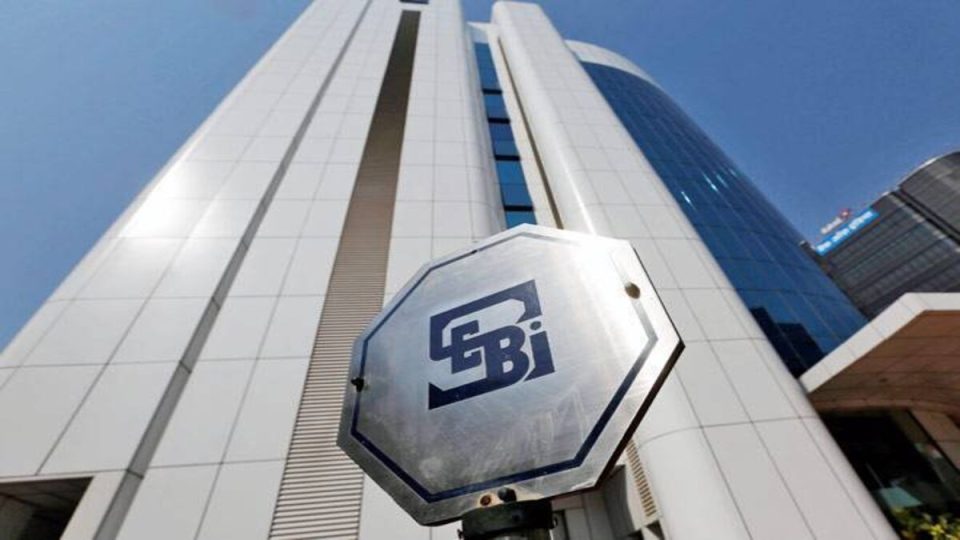The Securities and Exchange Board of India (SEBI) plans to tighten derivative rules to increase entry barriers and raise trading costs. The goal is to discourage speculative behaviour by retail investors in risky contracts.
SEBI is considering raising the minimum trading amount from Rs 15 lakh to Rs 20 lakh (USD 18,000-USD 24,000) as proposed in the July consultation paper, up from the existing Rs 500,000. SEBI’s decision to act is driven by concerns over market manipulation and the inclusion of stocks with insufficient market depth.
According to Reuters, SEBI plans to limit the number of options contract expiries to one per weekly exchange and nearly triple the minimum trading amount. These rules are similar to those proposed in July despite resistance from traders and brokers.
SEBI will also review some of its earlier proposals, including increasing margin requirements and monitoring intraday trading positions, amid authorities’ concerns about speculative trading by retail investors in India’s options market.
Data revealed that the monthly notional value of derivatives traded in August was Rs 10.92 lakh crore (USD 130.13 trillion), making it the highest globally. Most trading is in options contracts linked to stock indices like BSE Sensex and NSE Nifty 50.
Furthermore, the final rules will require exchanges to reduce the number of contract expiries to one per week per exchange, limiting traders’ speculation.
SEBI has introduced stricter eligibility criteria for stocks trading in the Futures and Options (F&O) segment. The immediate overhaul aims to ensure that only high-quality stocks with substantial market depth remain in this segment, thus reducing the risks of market manipulation and increased volatility.
SEBI has taken action due to concerns over market manipulation, including stocks with insufficient market depth. The revised guidelines address these concerns by tightening the eligibility criteria for stocks entering or remaining in the Futures and Options (F&O) segment.
One of the most significant changes in the new guidelines involves revising the stock’s Median Quarter Sigma Order Size (MQSOS), a key metric used to assess the market’s average order size. The MQSOS threshold has been raised from Rs 25 lakh to Rs 75 lakh.
Another important change relates to the Market-Wide Position Limit (MWPL), which has been increased threefold from Rs 500 crore to Rs 1,500 crore. Additionally, the Average Daily Delivery Value in the cash market has significantly increased from Rs 10 crore to Rs 35 crore.
Unlock profitable opportunities every day! Unicorn Signals provides actionable intraday trading signals for stocks and futures. Don’t miss out – download Unicorn Signals and start winning now!
 Live
Live

